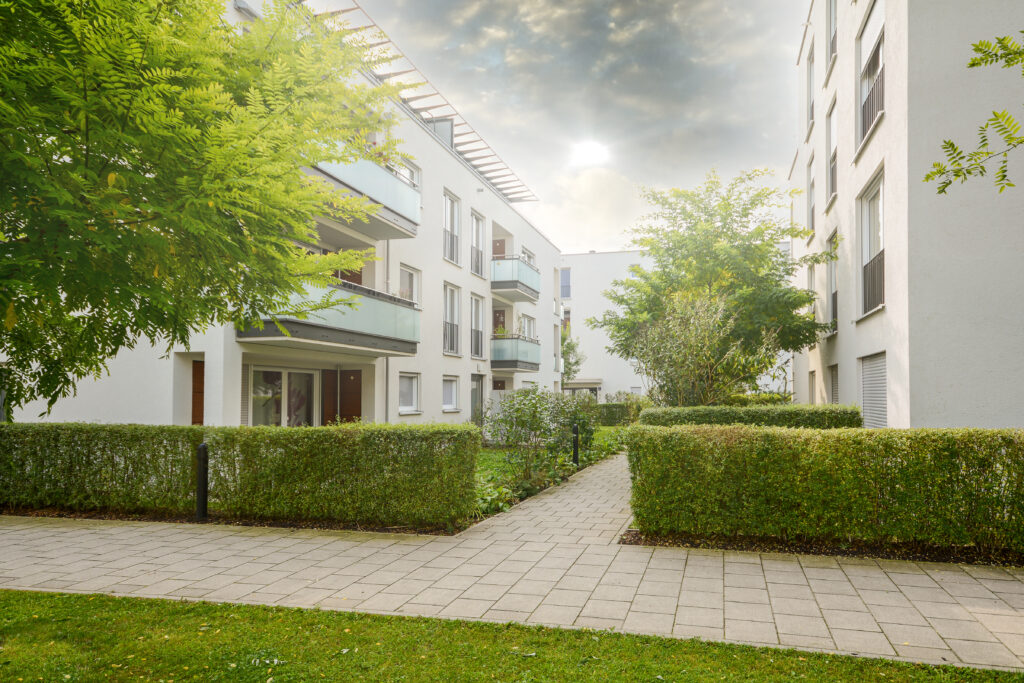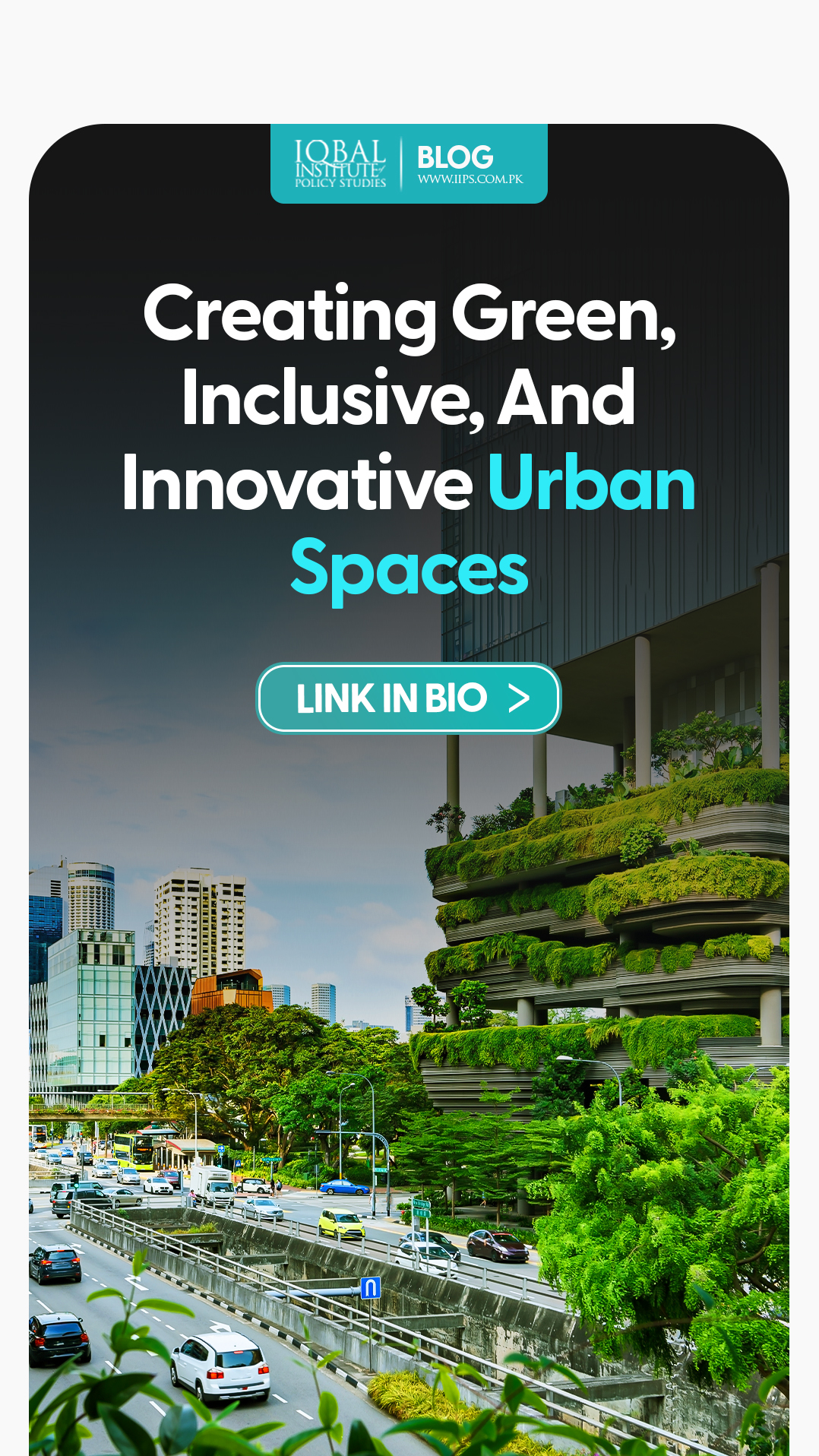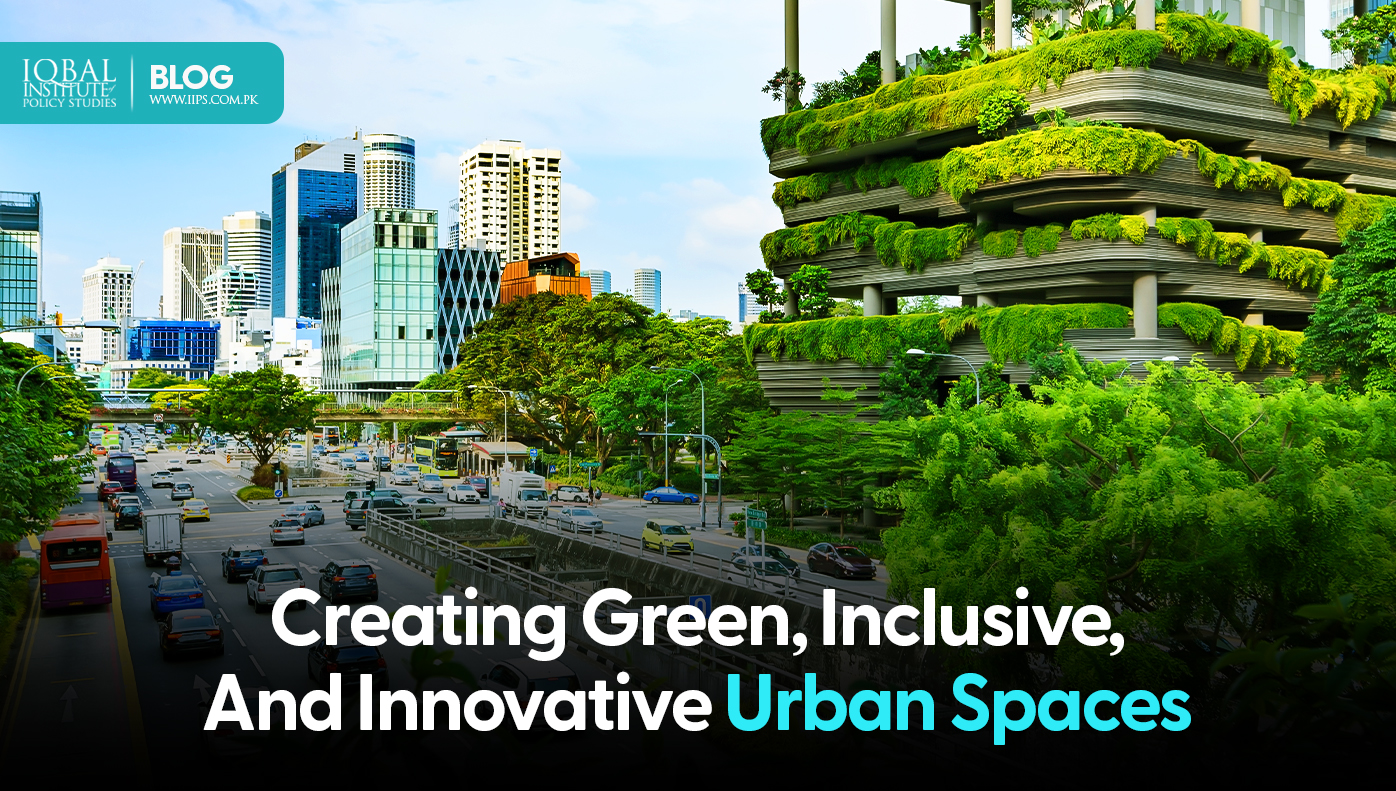As several countries have begun to see the effect of COVID-19 recede, people are making changes in their communities to make them more resilient and sustainable. Essential services like healthcare, clean water, and food have gained prominence while residents struggle with the pandemic’s devastating impacts. There is a need to build on hard-learned lessons to create more inclusive and liveable cities worldwide. Additionally, digital infrastructures, adequate housing, and green spaces are crucial to urban development and sustainability.
Countries around the are taking several actions to improve the standard of living of their urban residents by creating green, inclusive, and innovative urban spaces. Let us consider some of the actions which can be taken to make Pakistan’s cities equally developed.
Fix The Digital Divide
Firstly, we must fix the digital divide. Over the last year, studies have shown that the world has seen great progress in the digitisation of services and industries. The digital revolution provides many opportunities for growth in both economies and society. This advanced transformation requires economic diversification and a new set of education and labour skills. In contrast, if an acceptable inclusion policy does not accompany digitisation, it can also widen inequalities for people. Moreover, digitisation needs to be equitable to everyone in the country, regardless of location. This way, people can connect, share updates, and access advanced technology to improve their quality of life.
Socioeconomic differences also affect the types of devices people use and their ability to access the internet. In this sense, older, less educated, and unemployed people are less likely to use the internet, whereas the young, students, and the employed population are more likely to.
In 2018, internet user penetration encompassed 51% of the global population, but in the least developed countries, it stood at 20%. These two figures depict a more significant difference in accessibility to digitisation resources and knowledge. In the case of Pakistan, the consequences of the digital divide were noticed due to a lack of access to the internet and knowledge of technology. In the current situation, people in Pakistan belonging to rural areas lack modern technology which further causes a digital divide.
Apart from these factors, gender, location, race, and political and cultural attitude also have an important impact on the digital divide in Pakistan. During the COVID-19 pandemic, Pakistan experienced the effects of the digital divide. Many people found it difficult to work from home due to internet and connection problems. There were poor internet connections in rural Pakistan and a lack of skills to operate the internet, which prevented students and teachers from attending and delivering lectures. Additionally, the digital divide is also negatively impacting the economy of Pakistan’s workers, who are unable to find good jobs due to a lack of digital skills.
Adopting modern technology during the pandemic was the primary strategy to prevent the adverse effects of the pandemic on learning and employment. However, inequalities are outlined, such as the inability of low-income workers to telework and the failure of many students to pursue online education.
As a result, urban areas require digital inclusion programs that address connectivity, devices, and skills at once to eliminate the digital divide. Today, reality points to significant challenges ahead. Therefore, we must avoid adding a new layer of inequality. Undoubtedly, digitisation is a driving force for more prosperous and resilient cities.

Ensure a Healthy Balance Between Tourism and Housing
A second priority is to restore a healthy balance between tourism and housing in urban spaces. The pandemic came with lockdowns and restrictions on international travel that put tourism on hold almost everywhere globally. Additionally, a sudden drop in tourists hurt millions of businesses which heavily depended on tourism spending. This also freed up the policy space to reevaluate the place of tourism in city priorities and residents’ quality of life. A transformation is particularly evident in the housing sector, where the uncontrolled rise of short-term tourist rentals has driven up housing costs. Balancing short-term holiday tourists with long-term residential real estate will be vital to creating new urban livelihoods in city centres and ensuring the diversity of economic uses.

Right to Green Spaces
Cities must ensure the right to green spaces and public places for their citizens. During COVID-19, many offices and businesses were closed as residents flocked to parks and the countryside for exercise to get relief from cramped living quarters. Although all neighbourhoods are not equally blessed with access to nature and outdoor space, the provision of green space is the right of every citizen.
The pandemic caused catastrophic scenarios that once seemed far-fetched into reality for countries around the globe. People and governments realise that climate change may well materialise earlier than expected. Investing in nature-based solutions to protect from extreme heatwaves, flooding, and mudslides should now be at the top of cities’ to-do lists.

What We Get
Together, fixing the digital divide, restoring a balance between tourism and housing, and protecting and enhancing life-saving green spaces should become a core part of urban management. Consequently, the pandemic has accelerated the digital transformation and has proven the need for stepping up climate action. Besides these, we have witnessed the effects of unequal living conditions in times of crisis. The lesson is clear; the smooth transition toward a greener, innovative urban future is needed and must, the smooth transition towards a greener, innovative urban future is needed -and it must be inclusive.



Leave a Reply